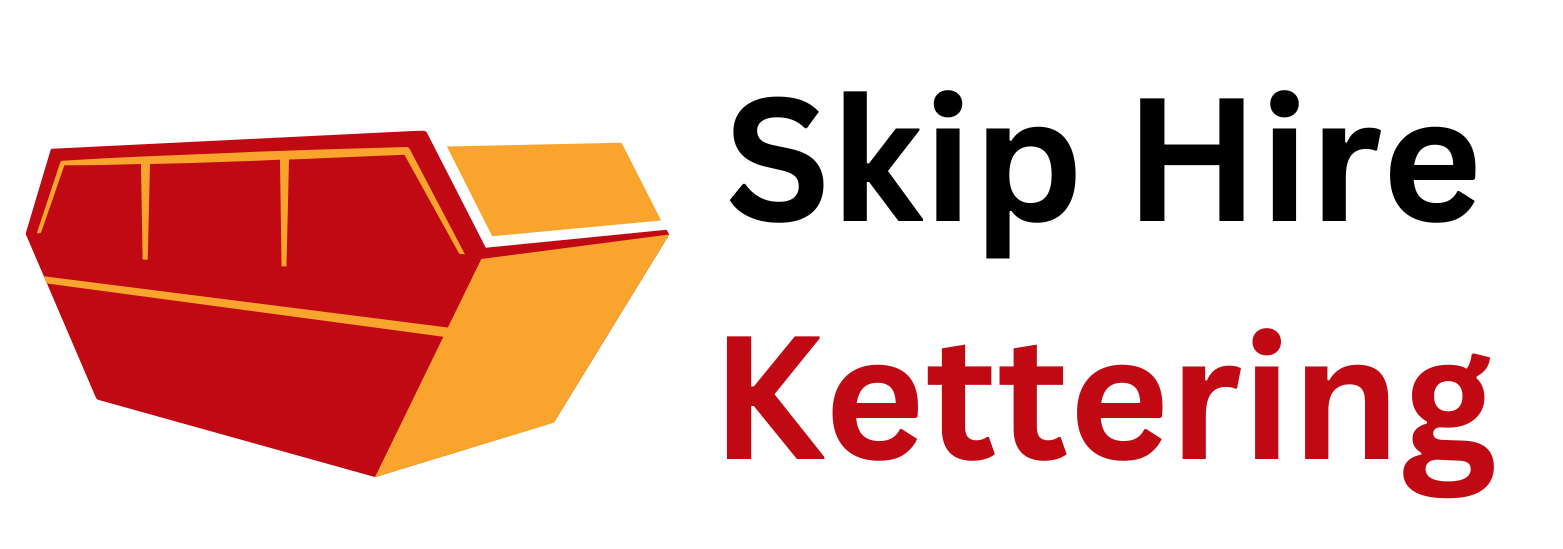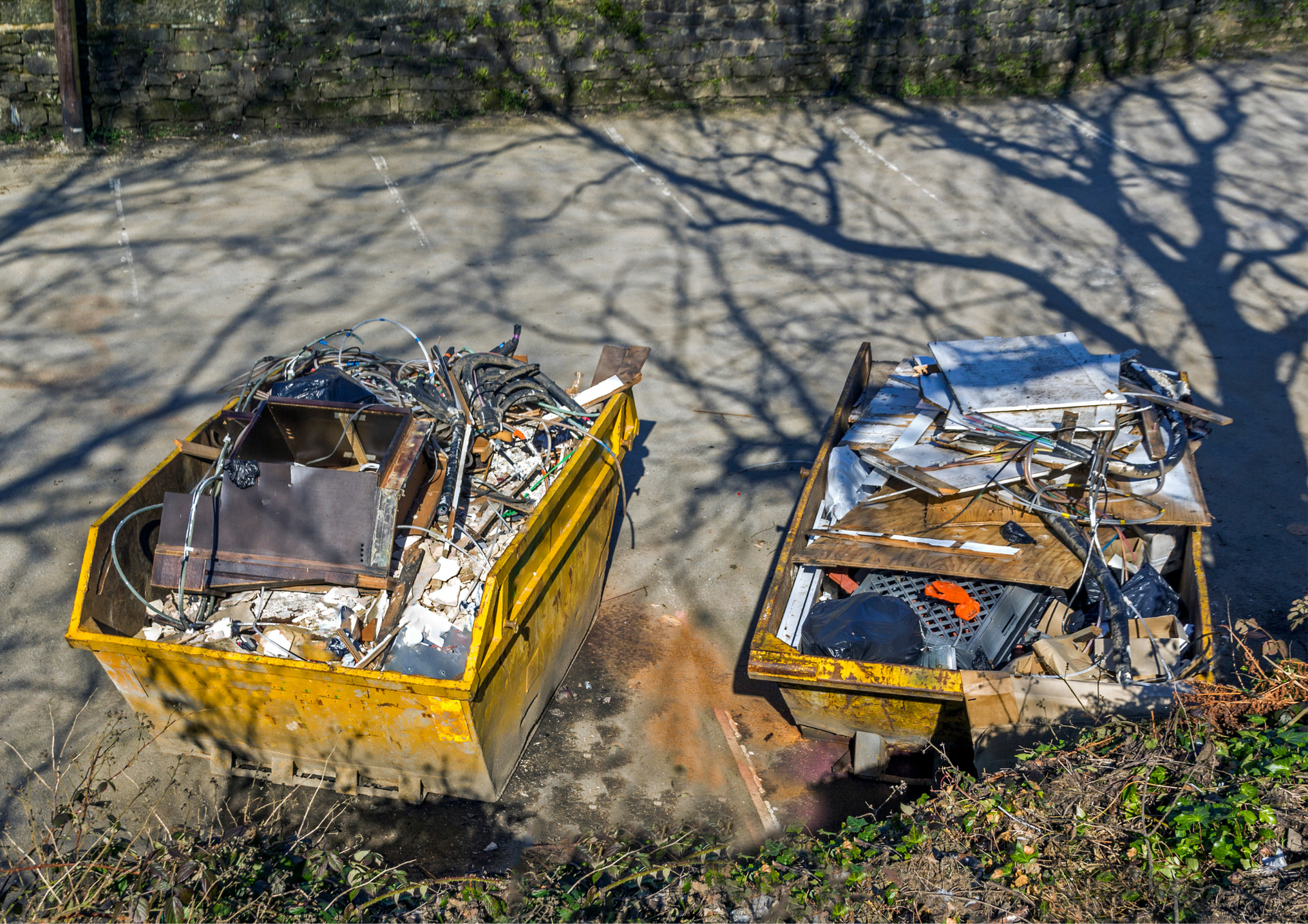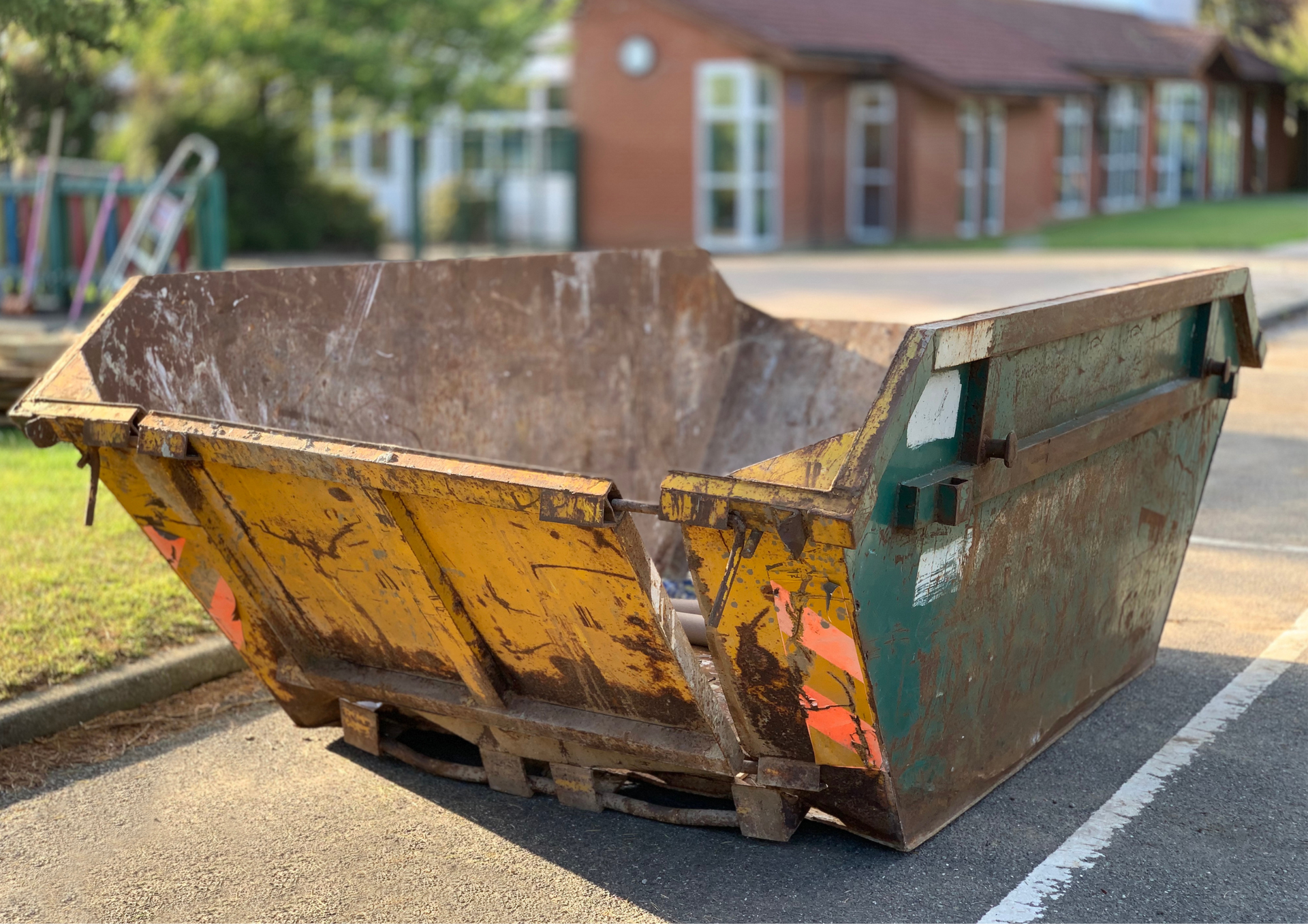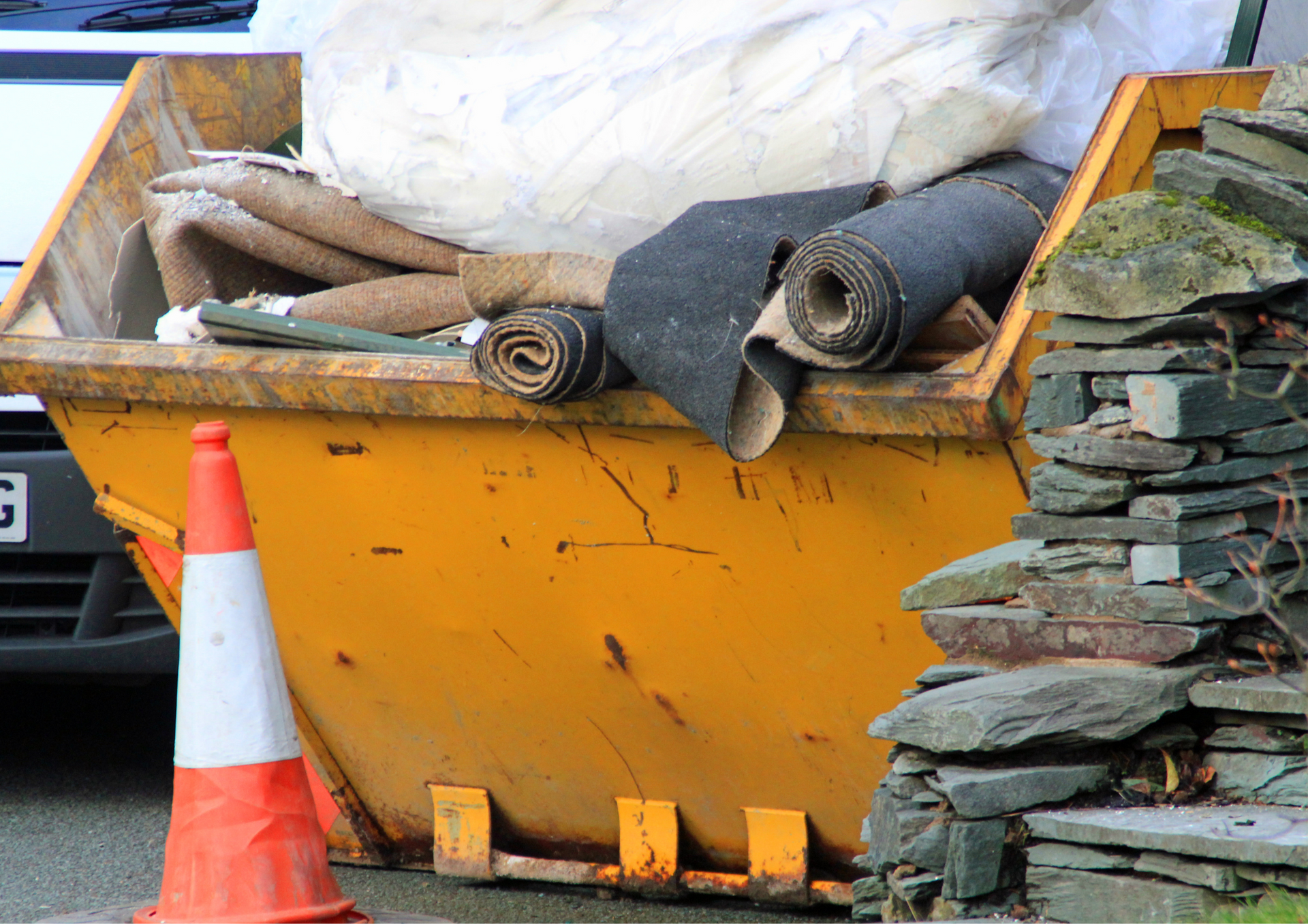What You Can and Cannot Put in a Skip: A Waste Disposal Guide
When it comes to managing waste, whether from a home renovation, office clearance, landscaping project, or construction site, hiring skips is one of the most convenient solutions available. However, many people are unsure about what can actually go inside them. To help you stay compliant, safe, and efficient, we’ve outlined the most common waste types that can and cannot be placed in skip, ensuring your project runs smoothly and without unexpected costs.
Household and General Waste
One of the most frequent reasons for hiring skip bins is to deal with everyday household rubbish. This includes items like old furniture, carpets, toys, clothes, paper, packaging, and non-electrical fittings. Whether you’re decluttering a property or handling waste from a large-scale cleanout, these materials can safely be disposed of without issue.
It’s worth noting, however, that certain household items—such as fridges, freezers, and TVs—are classified as restricted due to hazardous components. Always check in advance if you’re unsure, as separating unsuitable materials will save time and avoid additional charges.
Garden and Landscaping Waste
For landscapers and homeowners maintaining gardens, skips are ideal for collecting green waste. Grass cuttings, hedge trimmings, branches, weeds, soil, and turf can all be disposed of quickly and easily. If you’re tackling a larger outdoor project, such as redesigning a lawn or clearing land, hiring a skip ensures that your waste is kept in one secure place, reducing the risk of mess or hazards on-site.
This option is especially beneficial for event organisers and businesses that require efficient clean-up after outdoor functions. By consolidating all organic waste in one container, the disposal process becomes much more streamlined.
Construction and Renovation Materials
Construction companies and individuals carrying out renovations rely on skip bin hire to manage heavy and bulky debris. Bricks, concrete, tiles, wood, plasterboard, and metal can all be disposed of efficiently, making skip the perfect solution for building projects of all sizes.
However, certain construction materials—such as asbestos and chemical containers—are considered hazardous and must be handled by specialist services. To avoid delays, it’s always best to clarify waste acceptance policies with your provider before beginning work. By doing so, you can maintain compliance and ensure safe disposal.
Business and Office Waste
For companies undergoing relocations or refurbishments, skip hire provides an effective way to deal with bulky office waste. Items like broken furniture, old shelving, filing cabinets, non-electrical equipment, and packaging materials can be disposed of in one go.
This method helps businesses maintain a tidy workspace during transitions while keeping waste-handling responsibilities straightforward. At the same time, it allows staff to focus on the move rather than worrying about rubbish removal.
Items That Cannot Go in Skips
While skip accepts most non-hazardous waste, there are certain materials that must never be placed inside. These include asbestos, paints, solvents, chemicals, medical waste, gas cylinders, electrical appliances such as televisions, fridges, and freezers, as well as tyres and batteries.
Each of these items requires specialised disposal methods to ensure both environmental safety and compliance with local regulations. Attempting to place them in skip could not only harm the environment but may also result in fines or additional removal charges.
Understanding Costs and Local Services
When planning a project, it’s useful to research skip hire prices to ensure you choose a cost-effective option that suits your budget. Rates can vary depending on size, duration, and type of waste, so it’s always advisable to compare options in advance.
If you’re searching for a reliable provider, choosing local skip hire ensures prompt delivery, reduced transport costs, and quick collection once your project is complete. This makes waste management both practical and environmentally responsible.
Skips are one of the most efficient ways to handle a wide range of waste types, from household clutter and garden cuttings to construction debris and business clear-outs. By understanding what can and cannot be placed in them, you’ll avoid complications, keep your project running smoothly, and ensure compliance with waste regulations. Whether you’re a homeowner, a business, or a contractor, the right skip can make waste management simple and stress-free.
At
Skip Hire Kettering, we pride ourselves on providing a professional, affordable, and dependable service tailored to your needs. We understand that every project is unique, which is why we offer a wide range of skip sizes to suit both residential and commercial customers. With transparent pricing, flexible collection schedules, and a commitment to responsible waste disposal, we ensure your experience is hassle-free from start to finish.
Don’t miss it on X:
Skips – what’s allowed and what’s banned in waste disposal!




